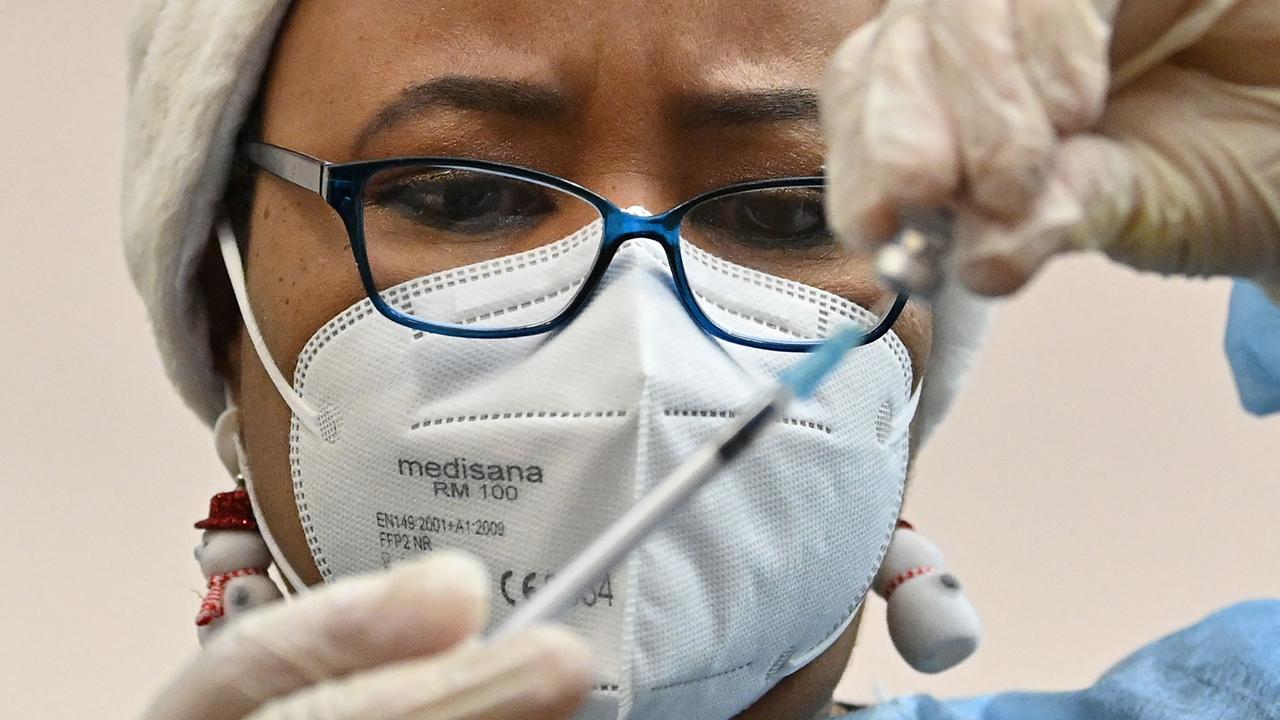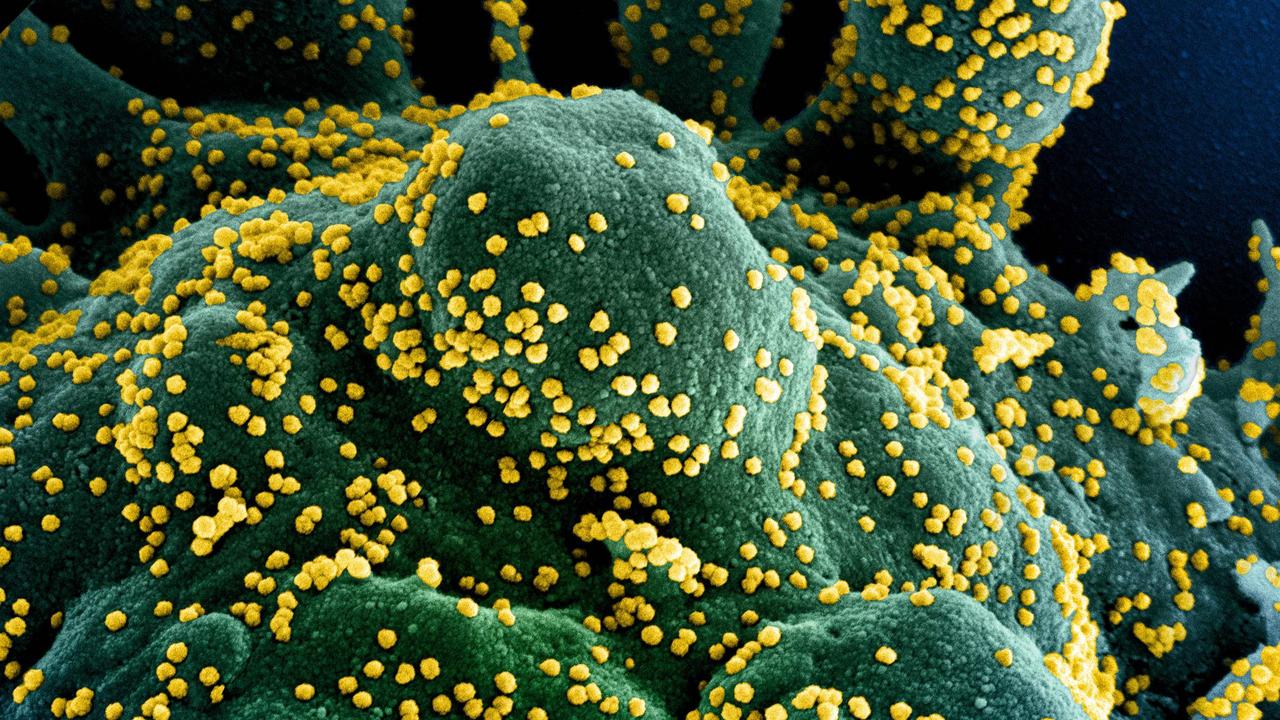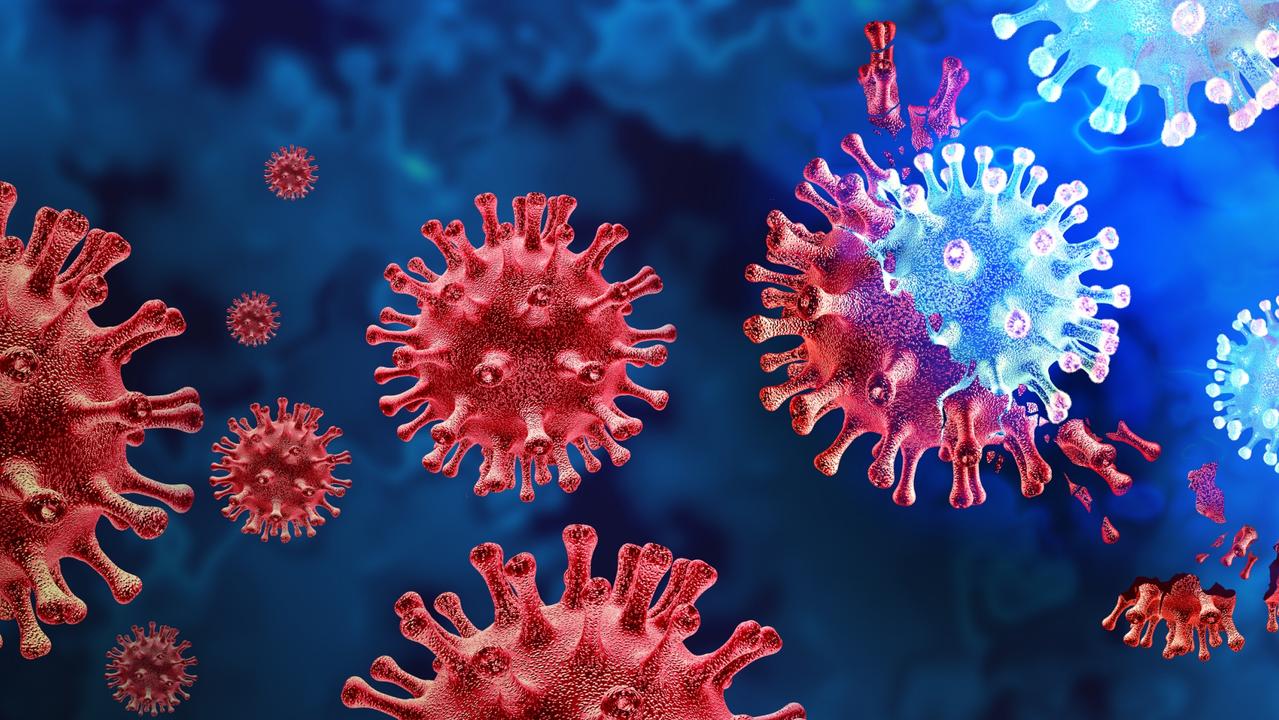Seven blood clot deaths in the UK after AstraZeneca vaccine
Qld’s chief health officer has warned people to “seek urgent advice” if they have symptoms of a rare vaccine side effect, after seven died in the UK.
Seven people in the UK have died from unusual blood clots after receiving the AstraZeneca COVID-19 jab, as Australian health officials vow they’re taking the “potential risk very seriously”.
The Medicines and Healthcare Products Regulatory Agency confirmed to the BBC that out of the 18 million people vaccinated across the UK up to March 24, 30 had presented with the blood clots. Out of those, data showed 22 cases of cerebral venous sinus thrombosis (CVST), a type of blood clot in the brain.
It remains unclear whether the condition is a side effect of the vaccine or just a coincidence, with investigations underway to determine if the AstraZeneca vaccine is causing the rare syndrome.
News of the deaths come after the first case of the condition was identified in Australia, in a 44-year-old Melbourne man who received the jab on March 22. Yesterday, he presented to the Victorian capital’s Box Hill Hospital with a fever and abdominal pain, and was found to have abdominal clots with a very low platelet count.
Both the Australian Health Protection Principal Committee and TGA vaccine safety investigation group will hold emergency meetings on Saturday to look into the case and consider responses.
This morning, Queensland’s chief health officer, Jeannette Young, insisted the vaccine is perfectly safe for the vast majority of people, but warned people to be aware of the symptoms of rare but serious side effects like blood clots.
“It is very, very unlikely, but if you do (become unwell four to 20 days after receiving the AstraZeneca vaccine), then you should seek urgent advice. That’s important,” Dr Young advised, adding that at this point in time, “people shouldn’t be concerned”.
“We know that all vaccines have some very, very rare side effects that can be serious, and we know if we are giving the same vaccine to large numbers of people across the whole world, we would expect to see those rare side effects because we’re giving the vaccine to millions and millions and eventually billions of people.
“People just need to be aware of any symptoms and just come forward if they do have them.”
RELATED: What is vaccine’s link to blood clots?

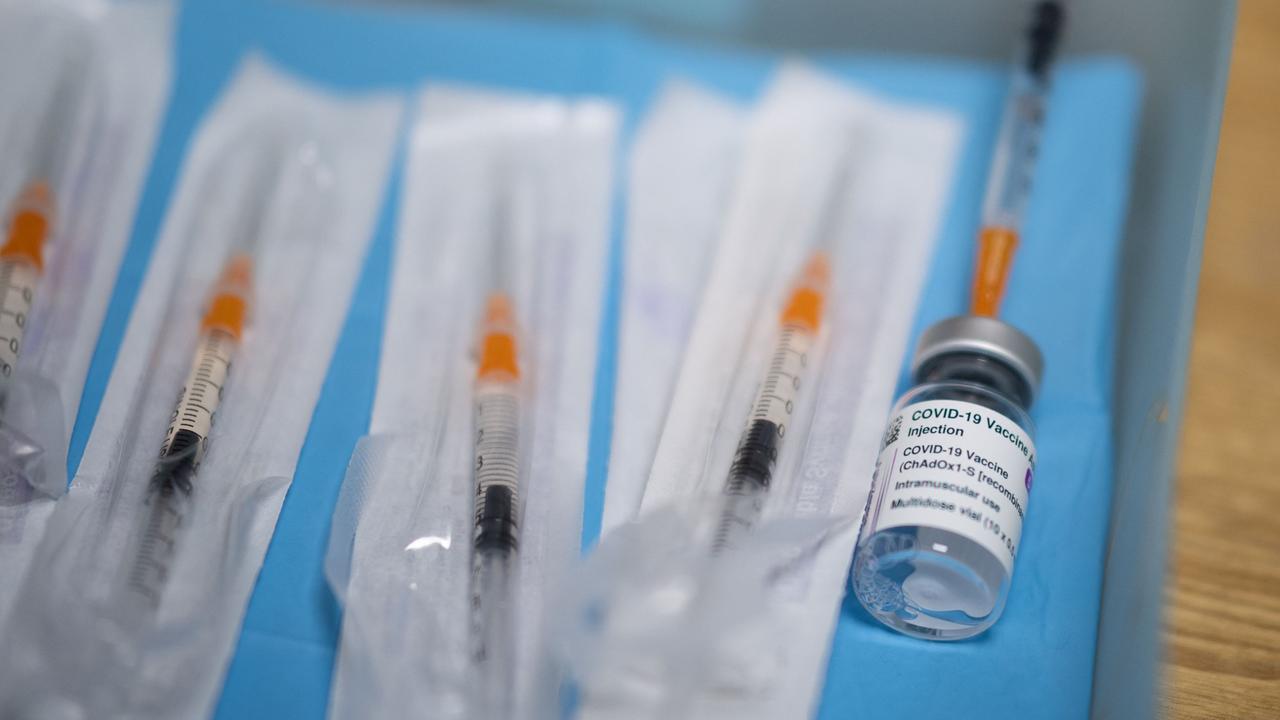

Yesterday, acting chief medical officer Michael Kidd urged Aussies to stay calm.
“Investigators have not at this time confirmed a casual link with the COVID-19 AstraZeneca vaccine but investigations are ongoing,” Professor Kidd told reporters.
The “very rare disorder” has “previously not been known to be associated with the vaccine, however it has been noted as a complication of people who have contracted COVID-19”, Professor Kidd said.
Before reassuring Australians that health officials are taking the “potential risk” of the clotting disorder “very seriously”, Prof Kidd also reinforced the importance of people getting vaccinated against coronavirus.
“We continue in Australia to be at risk of another serious outbreak of COVID-19 at a time when most of our population has no immunity from either past infection or from vaccination,” he said.
“We do have low risk of transmission of COVID-19 in Australia at this time but we are being open about possible risks and acknowledge the uncertainty that this will cause. We are taking this potential risk very seriously.
“At this time, the risk of serious disease and death from COVID-19, if we experience another severe outbreak, especially among older Australians and those with severe health conditions, is far greater than the very small potential risk of a very rare clotting disorder associated with the vaccine.”
While health officials in the UK and the European Medicines Agency (EMA) repeated a similar sentiment, overnight the Netherlands joined a growing number of countries in halting its use of the AstraZeneca vaccine.
“We must err on the side of caution, which is why it is wise to press the pause button now as a precaution,” Health Minister Hugo de Jone said.
The Netherlands follows Canada and France, where the vaccine has been suspended to people aged under 55, and Germany, where use of the vaccine has been restricted to those aged over 60, among others – prompting the Australian Technical Advisory Group on Immunisation (ATAGI) to also reassess its position.
ATAGI found no link between the vaccine and blood clots but, in a new warning, told patients who received of the COVID-19 vaccines (Pfizer or AstraZeneca) to be aware of common side effects which include fever, sore muscles, tiredness and headaches usually 24 hours after the dose.
RELATED: Cases soar as experts warn of ‘critical mistake’
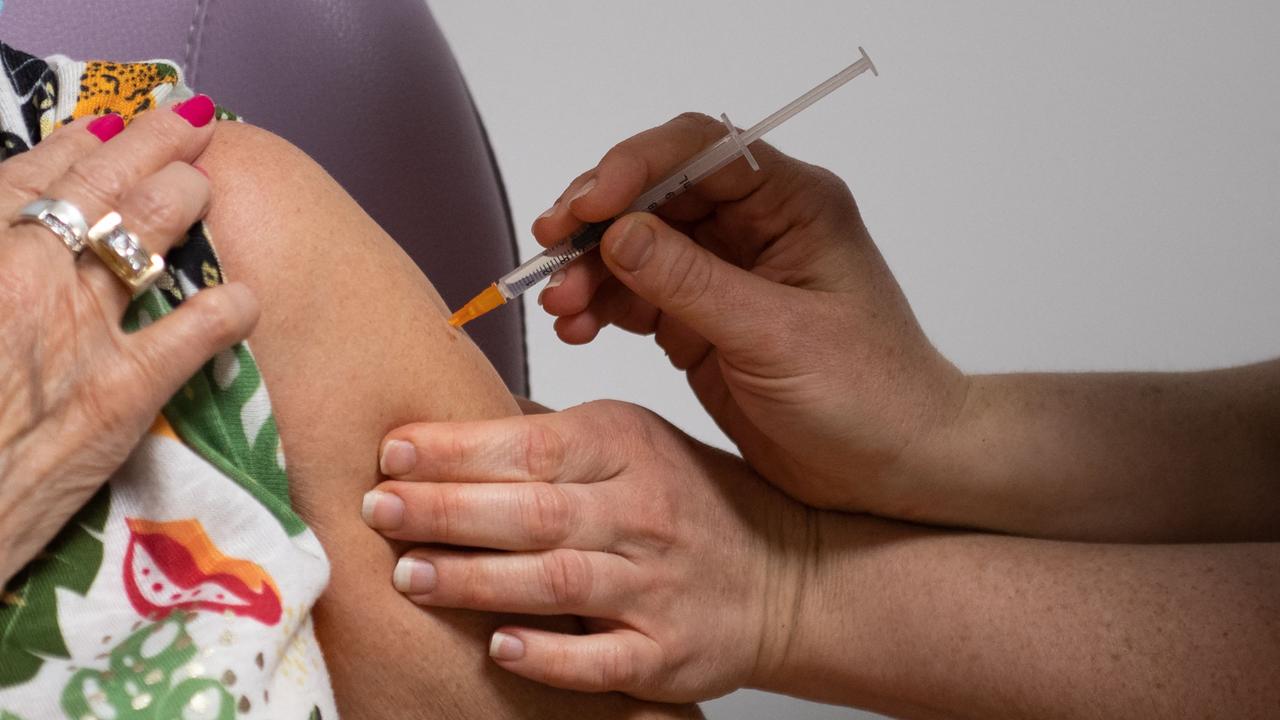
“The reports from overseas of rare clotting disorders have occurred later than this. Before day four and day 20, after vaccination, and have generally caused severe symptoms requiring hospitalisation,” the warning reads.
“People should be particularly alert to severe persistent headaches occurring 4-20 days after vaccination and which are different to the usual pattern of headaches that people may experience at other times and which do not settle with paracetamol or other over the counter painkillers.”
In a statement, ATAGI said there would be no change to the clinical guidance on the use of the AstraZeneca vaccine, following findings by the EMA that the condition may be associated with clots linked to thromocytopenia, a rare but serious condition involving low levels of blood platelets.
“ATAGI considers the benefits of vaccination in protecting people in Australia from COVID-19 outweigh the rare potential risk of these rare blood clotting events, and supports the continued rollout of the AstraZeneca vaccine in Australia,” they said.


